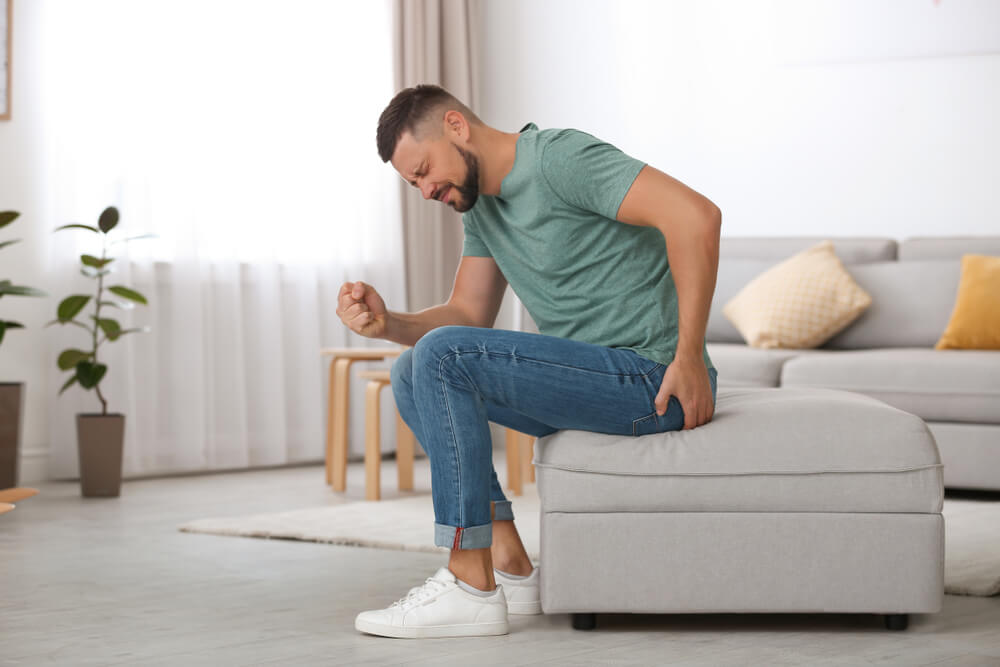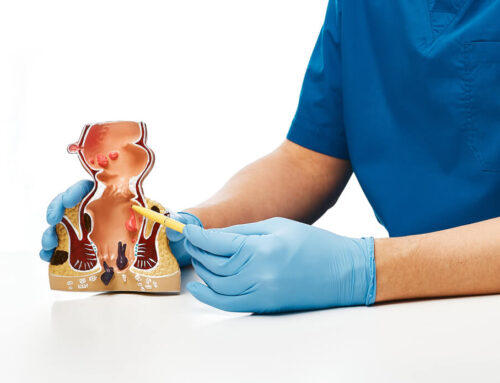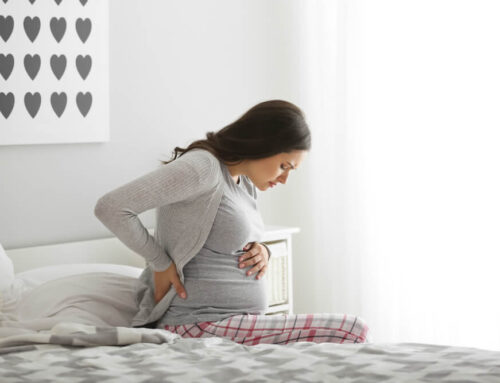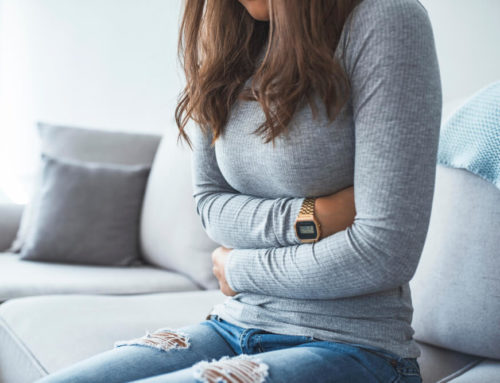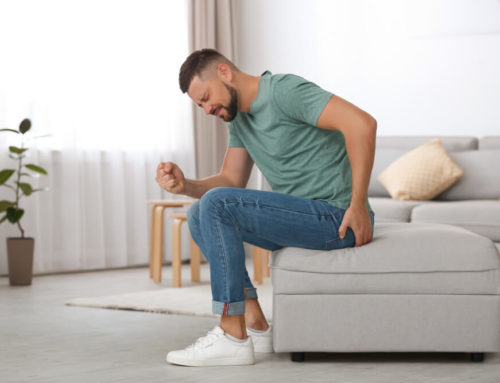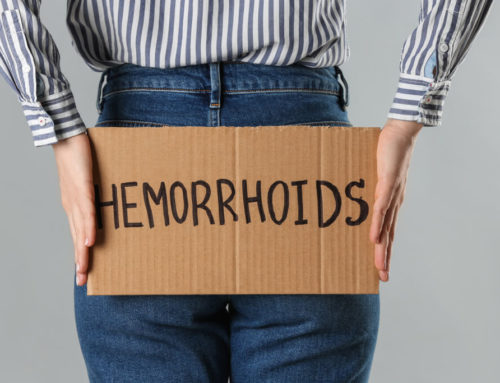How long do hemorrhoids last? Do hemorrhoids go away? For the most part, they can clear up in a matter of a few days. In other cases, they can recur, persist, and even grow. And when they become troublesome, they may need to be addressed medically.
Fortunately, if you manage to find an excellent doctor for hemorrhoids, such as Dr. Shapiro and Dr. Eldredge from Advanced Surgical Physicians, you will find that experts can provide minimally invasive in-office treatments, such as banding to relieve the symptoms and resolve the medical issue (more on that later).
This article gives you everything you need to know about hemorrhoids: Do they go away? What are the best remedies for hemorrhoids, and the most efficient medical treatments, with optimal recovery times?
What Are Hemorrhoids?
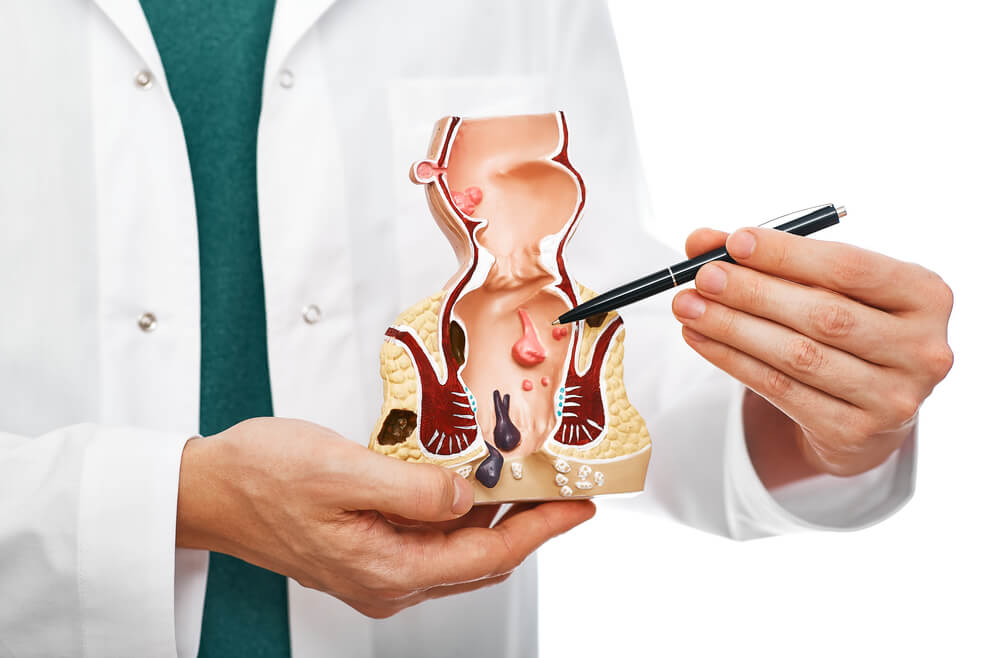
These formations come from small anal and lower rectum vein clusters, which become irritated and swollen. For most patients, the irritation will resolve independently, but others may need medication and surgical interventions to shrink the hemorrhoids.
If left untreated, irritating hemorrhoids can make walking, sitting, and other everyday activities pretty challenging and uncomfortable.
How Long Do Hemorrhoids Last?
Unfortunately, there’s no “set time” for how long hemorrhoids last. Smaller ones clear up in a matter of days on their own, but more massive, external ones may cause significant pain and heal much slower. As a matter of fact, if they don’t seem to subside within a few days, experts recommend visiting a doctor for treatment.
Also, there are a couple of risk factors that may lead to recurrent and severe hemorrhoids, such as:
- Eating a diet low in fiber
- Living a sedentary lifestyle
- Chronic diarrhea or chronic constipation
- Constant straining while having bowel movements
Most of the risk factors above can also make it more difficult for these swollen growths to go away, allowing the issue to cause troubles for longer.
Hemorrhoids and Pregnancy
These inflammations are a pretty common problem during pregnancy, most commonly throughout the third trimester. The extra weight that women carry during this period can strain the rectal and anal veins, and as the uterus enlarges, it also pressures the rectal veins.
Additionally, the hormonal shifts may cause the veins in this area to relax, making hemorrhoid development even more plausible. These physical and hormonal changes may also lead to gastrointestinal issues, which can increase hemorrhoid risk.
Do hemorrhoids go away after pregnancy? Unfortunately, they can also develop right after childbirth. As a matter of fact, delivery can increase the risk of developing hemorrhoids by roughly eight times.
The causes that may lead to hemorrhoid development after childbirth include:
- Prolonged birth
- The method of delivery
- Prolonged pregnancy
- More than 20 minutes of straining
- The weight of the newborn is on the higher end
Remedy for Hemorrhoids
Those who have been dealing with recurring or persistent hemorrhoids may wonder: is there a cure for hemorrhoids? Well, there is, but the treatment methods will depend on the type of hemorrhoid and its severity. The swelling often goes away independently or requires only a few dietary and lifestyle adjustments.
The “cure” for hemorrhoids may also be nonsurgical or minimally invasive interventions.
Below, we’ll talk about them in more detail.
OTC Medications
For minor hemorrhoids, patients may purchase the following over-the-counter medication options:
- Gels
- Ointments
- Lotions
- Topical creams
- Suppositories
- Pads
Prescription Options
There may be cases when these simple remedies for hemorrhoids are ineffective. In these cases, your provider may prescribe other ointments and other topical compounds such as:
- Phlebotonic drugs reduce bleeding and improve symptoms.
- Corticosteroids can improve inflammation but may only be suitable for short-term use.
- Zinc oxide can help with anal itching and may recover local blood vessels.
- Lidocaine and tribenoside can act as an anesthetic, reducing inflammation and improving blood vessel recovery.
Nonsurgical Options
When searching for the “cure” for hemorrhoids, providers may recommend the following nonsurgical, minimally invasive treatments:
- Hemorrhoid banding or rubber band ligation. During this intervention, providers place a rubber band close to the base of the problematic area to cut off the hemorrhoids’ blood supply, shrinking them until they fall off. In most cases, hemorrhoid banding is the best procedure with excellent outcomes.
- Sclerotherapy. During this procedure, providers inject a solution into the area blocking blood supply and promoting shrinkage.
- Electrocoagulation. This involves using a device that cuts off the blood supply using electric signals.
- Infrared photocoagulation. Instead of electric signals, this uses infrared light that heats the hemorrhoids, blocking blood supply and resulting in shrinkage.
Taking the Surgical Route
Surgical interventions are only recommended in severe cases, meaning only a few people will have to consider them. Also, providers only recommend them if all other remedies have proven unsuccessful.
Usually, there are two surgical routes to take. The first one is called hemorrhoidectomy, during which the doctor surgically removes the external or prolapsed internal swellings.
The other option is called hemorrhoid stapling, during which the provider uses a stapling tool to remove internal swollen tissue and pulls prolapsing hemorrhoids back into the anus. Naturally, the procedure is performed under anesthesia.
Still, for the most part, providers will opt for hemorrhoid banding in even more severe cases.
Home Remedies for Hemorrhoids
Less severe cases may be addressed with a few simple steps, such as:
- Taking fiber supplements
- Using warm compresses
- Taking ibuprofen and aspirin
- Increasing fluid intake
- Taking sitz baths
Hemorrhoid Healing Time
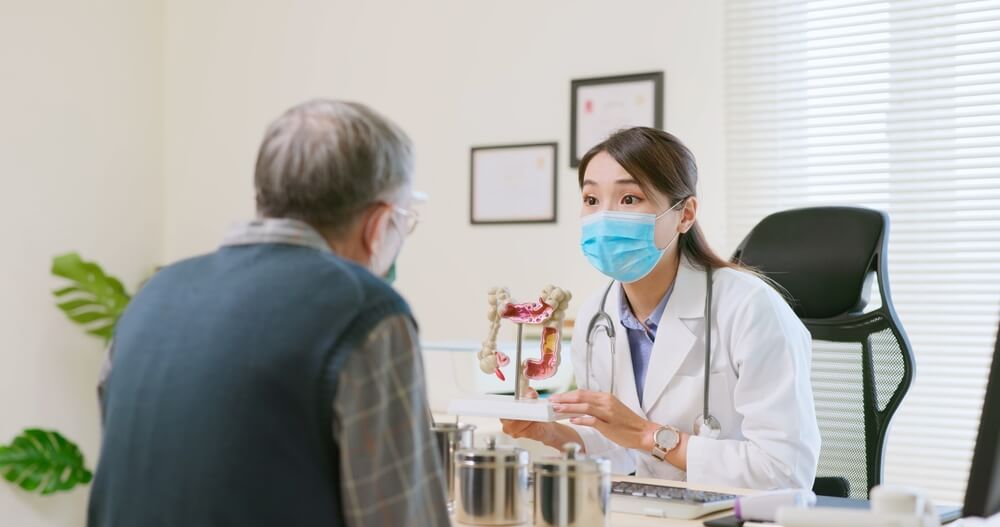
Making a recovery from surgery will usually take longer than hemorrhoid healing time in the case of simple ointments or less invasive procedures. Still, dietary and lifestyle changes can help, both with faster recovery and prevention, especially for those who have a problem with persistent hemorrhoids.
When addressing diet, bowel movement straining is a widespread hemorrhoid cause, and making the necessary dietary adjustments can make a massive difference. Fiber-rich foods, especially plant-based options, can soften the stool making it easier to pass. Grains, nuts, fruits, and vegetables are all great options. Needless to say, staying well-hydrated is also essential.
Lastly, small lifestyle changes can also help improve recovery and battle hemorrhoid symptoms. Regular showers, avoiding the delay of bowel movements, and cleaning the anus properly are always excellent ideas, along with regular exercise to stimulate bowel movements.
Look for Expert Advice
For the most part, hemorrhoids will resolve on their own. If you are experiencing persistent or recurring problems with them, feel free to schedule an appointment with our experts. We are more than ready to cater to your needs and discuss your options regarding treatment.
Disclaimer:
The blog is for informational purposes only. If symptoms do not resolve or if they return, seek medical attention as soon as possible at your primary care physician or with our office.


